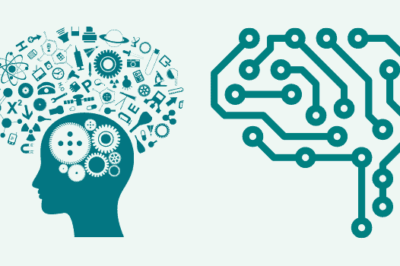Probing the complex realms of rape, trauma, and war reveals a remarkable journey toward resiliency and transformation. Considering the horrific struggles that victims endure, neuroplasticity—the brain’s capacity to rearrange itself by creating new neural connections remains a remarkable phenomenon.
Survivors of horrific crimes like war rape must negotiate a complex world where the wounds of trauma are profound. However, within the shadows of despair lies a glimmer of hope – the incredible capacity of the brain to adapt, heal, and rewire itself in response to trauma. A light in the gloom, neuroplasticity demonstrates the brain’s amazing capacity to heal and regenerate following terrible tragedies. Survivors of war rape and trauma can begin a path toward healing and restoration with the help of therapeutic methods, support networks, and the human spirit’s resiliency.
Also Read: Infinix Zero 40,The Next Level Smartphone Experience
As we resolve the complexities of neuroplasticity in the context of war rape trauma, we witness the profound impact of resilience, courage, and healing. By understanding and harnessing the power of neuroplasticity, we can offer hope, empowerment, and a path towards recovery for those who have endured the unbelievable.
Neuroplasticity is an invisible link in the tapestry of human experience that indicates the resilience of one’s brain and spirit. It reminds us that even in the darkest times, a spark of resilience exists that can ignite a transformative journey towards healing, growth, and, ultimately, a future filled with light and possibility.
Author GulRukh is a student of Bahria University (Psychology Department) Islamabad.








